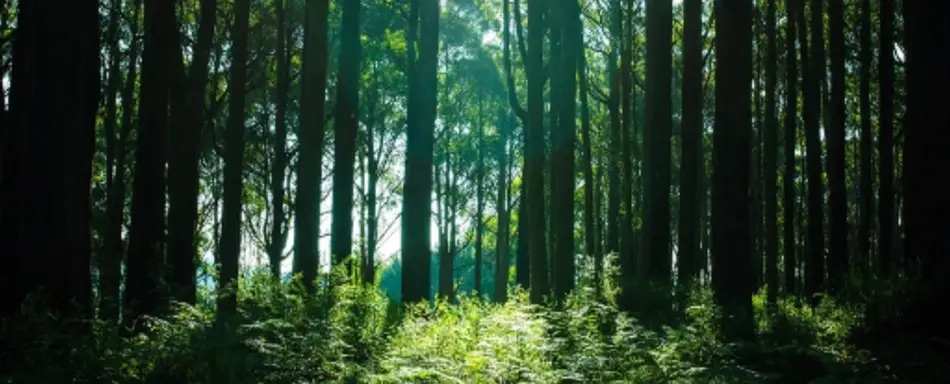4 Things To Do When You Don't Think You're Making A Difference

Before becoming a high school teacher after my college graduation, I was the communications assistant at a homeless shelter in Boston, MA where I worked on newsletters, social media campaigns, and fundraising events. With that being one of my first “real” nonprofit jobs (aside from the internships I had in previous semesters), I was quickly swept up in many projects and tasks. I was eager and willing to get my hands dirty and jump into a plethora of new responsibilities.
That being said, while I was stretching my limits and broadening my skill-sets by taking on multiple tasks, I started to feel overwhelmed by the sheer size of the issue we were addressing. When I put my work into perspective, I sometimes felt like I was just chipping away at a huge problem but wasn’t making much of a difference in the grand scheme of alleviating homelessness.
To restore my commitment and passion for my work, I focused on small changes in how I spent my time. Here are some of the ways I found smaller passions and goals to help sustain me through my work:
I celebrated small victories
Although I believe it’s important to be forward-thinking and have professional and personal goals set for the future, I found myself stressing out about “what comes next” rather than what’s happening in the present moment. With my focus on the future of my job, my career aspirations, graduating, and my life in general, I wasn’t allowing any growth and appreciation for my job. By being more mindful and focusing on present-day victories to celebrate and appreciate, my overall happiness increased and I felt more empowered, instead of overwhelmed, by the social justice aspect of my job. Although working towards an end to homelessness can seem daunting, when I found small tasks and accomplishments to focus on, I felt more confident in chipping away at a larger problem.
I listened to personal stories
At the homeless shelter, part of my job was to interview some of our guests about their experiences and how they became homeless. Through my one-on-one conversations I realized how much more personal, emotionally charged, and deep-rooted my work was. Social justice and public service work are personal and allowing that to fuel your work can be rewarding and inspiring. The homeless shelter provided crucial and often life-saving services to people and their stories matter even if society is constantly telling them that they don’t. The more I heard our guests’ stories and helped amplify their voices, the more personally connected I felt to the work I was doing and in the services our shelter provided.
I got involved in the larger issues affecting my work
While I listened more to the stories of our guests, I also found it productive to tackle other arms of the issue. For instance, November 14th - 22nd is National Hunger and Homelessness Awareness Week. During this week I created mini-projects that allowed me tap into larger conversations about this issue, such as connecting with other nonprofits, having the social media I generated get noticed by other homeless shelters, and reading the heartfelt comments left by community members on our website. Generating awareness made me see how I was in fact chipping away at a larger issue and how I was part of a community of people doing the same.
I tried different projects and activities
Similar to the weeklong awareness campaign for hunger and homelessness, I found it restorative to work on projects outside of what I did on a day-to-day basis. Doing this allowed me to see how others work and get a broader view of our organization. For example, for a few weeks I worked on a video of our volunteer groups for an annual breakfast. In addition to learning new skills, I got a chance to hear how volunteers and fellow staff members feel about the shelter and why they do this work.
With each step I took towards the greater goal of the organization, I was able to find small passions and niches that kept me motivated and inspired.
Did you enjoy this post? There's plenty more where this came from! Subscribe here for updates.
This post was contributed by a guest author.


